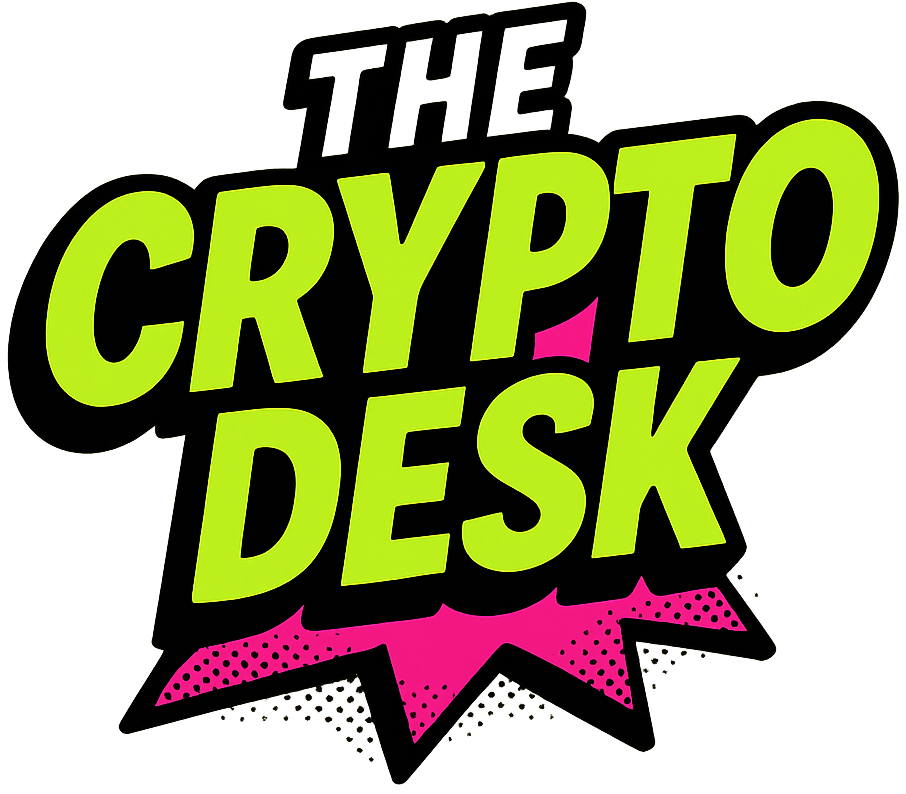A New Dawn for PayPal’s PYUSD: SEC Investigation Dropped
In a surprising turn of events, the U.S. Securities and Exchange Commission (SEC) has officially closed its investigation into PayPal’s dollar-backed stablecoin known as PYUSD, without any enforcement action. This announcement, disclosed by PayPal in a Tuesday filing, marks a significant moment in the regulatory landscape for cryptocurrencies—especially considering it wraps up another high-profile probe during the Trump administration that began in January 2025. But what does this mean for the broader crypto ecosystem, and how will it impact PayPal and its users?
What Happened with the SEC Inquiry?
Back in November 2023, the SEC’s Division of Enforcement issued a subpoena to PayPal, seeking documents related to PYUSD. Fast forward to February 2025, and the agency informed PayPal that their inquiry was officially closed. With no further action taken, this decision effectively clears a significant regulatory hurdle for one of the most recognizable names in the fintech space.
📌 Why This Matters
The closure of the SEC investigation not only alleviates immediate pressure on PayPal but also signals a possible shift in the SEC’s overall approach to regulating digital assets. Over the last few years, stablecoins have faced intense scrutiny, and regulatory policies have been inconsistent, leaving many firms in a state of uncertainty. Following this latest development, other businesses in the crypto sector may feel more secure in their operations, potentially paving the way for innovation and growth.
The Trump-Era SEC’s Changing Landscape
Since Donald Trump took office in early 2025, the SEC has noticeably scaled back its aggressive stance toward crypto regulation. Investigations and lawsuits against some major players have been abandoned, including cases involving prominent companies like Gemini, Coinbase, and Ripple Labs. Additionally, high-profile cases involving figures like Justin Sun and Richard Heart have also been put on hold, reflecting a broader leniency that may be unfolding within the SEC.
🔥 Expert Opinions
Industry analysts have mixed feelings regarding this development. While some express optimism over the reduced regulatory burden, others caution that the situation remains fluid. “PayPal’s victory could serve as a precedent for other players in the space, encouraging them to innovate without the fear of regulatory backlash,” says crypto analyst Jane Doe. Still, she warns, “it’s essential to remain vigilant; the regulatory landscape can change rapidly.”
PayPal’s Strategic Position with PYUSD
Launched in August 2023 in collaboration with the Paxos Trust Company, PYUSD is a stablecoin pegged 1:1 to the U.S. dollar. This means users on PayPal and Venmo can easily access and manage their funds with relative stability. The coin has experienced tremendous growth, surpassing a $1 billion market cap at its peak, showcasing strong demand for stablecoins in the digital payments arena.
The Impact of Regulatory Relief
The SEC’s decision to close its investigation could provide a much-needed boost in confidence for both institutional partners and retail users. In a time when stablecoins are under the microscope globally, having the SEC step back may encourage both usage and trust within PayPal’s offerings. However, it’s crucial to note that there is no comprehensive regulatory framework governing stablecoins in the U.S. at this moment; Congress is still in discussions to develop one that could define the future of these digital assets.
🚀 Future Outlook: Navigating Uncertainty
Despite the news of the SEC closing its inquiry, PayPal acknowledges that the regulatory environment remains unpredictable. Future legislative actions could introduce new challenges, bringing about increased costs or risks for stablecoin issuers and their partners. Moreover, reputational risks linger, particularly if any legal issues arise for their issuer partner or if PYUSD is misused in legal infractions.
Conclusion: The Road Ahead for PYUSD
The SEC’s abandonment of its investigation epitomizes a trend of easing regulatory scrutiny in the cryptocurrency space, illustrating a potential shift toward a more flexible regulatory environment. For PayPal and its peers venturing into the world of stablecoins, this could open new avenues for growth and innovation. However, as history has shown in the crypto realm, the journey is fraught with twists and turns. What do you think? Are we witnessing a lasting change in regulatory attitudes, or is this merely a temporary reprieve? Let us know your thoughts in the comments below!


